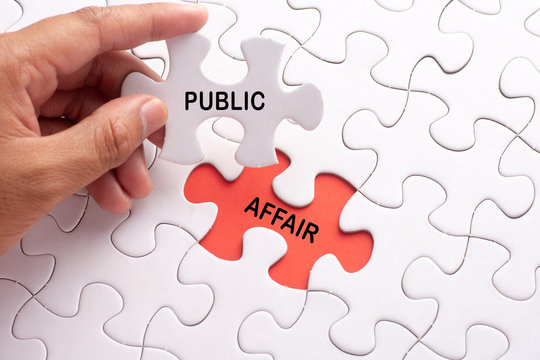
This course focuses on the skills and knowledge required to report accurately, fairly, and effectively on public institutions and issues that impact society. Students will learn how to cover government activities, political events, public policy, legal systems, and civic affairs at the local, national, and international levels. The course emphasizes investigative techniques, source development, interviewing public officials, and understanding documents such as budgets, laws, and public records. Through hands-on reporting assignments and newsroom simulations, students will gain real-world experience in holding power accountable and informing the public on matters of public interest.
Objectives:
- To develop students’ skills in reporting on government institutions, policies, and public interest issues.
- To understand the structure and functions of public institutions and how they impact daily life.
- To train students in researching, interpreting, and analyzing public documents such as budgets, laws, and court records.
- To cultivate ethical and responsible journalism practices in covering civic affairs.
- To strengthen students’ interviewing, writing, and investigative skills specific to public affairs topics.
Learning Outcomes:
- By the end of the course, students will be able to:
-
Identify and report on key public affairs topics including governance, public policy, politics, and law.
-
Analyze government documents and data to uncover relevant news stories.
-
Demonstrate the ability to conduct informed interviews with public officials and stakeholders.
-
Produce clear, accurate, and engaging news stories that inform the public about civic issues.
-
Apply ethical standards and critical thinking in reporting sensitive or complex public matters.
-
Evaluate the role of journalism in promoting transparency, accountability, and democracy.
Course Units:
- Unit 1: Introduction to Public Affairs Reporting
- Unit 2: Government Institutions and Policy Reporting
- Unit 3: Source Management and Ethics in Public Affairs
- Unit 4: Public Records and Data Analysis
- Unit 5: Covering Courts and Legal Proceedings
- Unit 6: Investigative Techniques in Public Affairs
- Unit 7: Multimedia Reporting for Public Affairs
- Unit 8: Case Studies and Practical Applications
Academic Year 2024-2025
Lecturer: Albert Fils NZAYURUGO
- Teacher: content creator

- Teacher: Jean Baptiste HATEGEKIMANA

